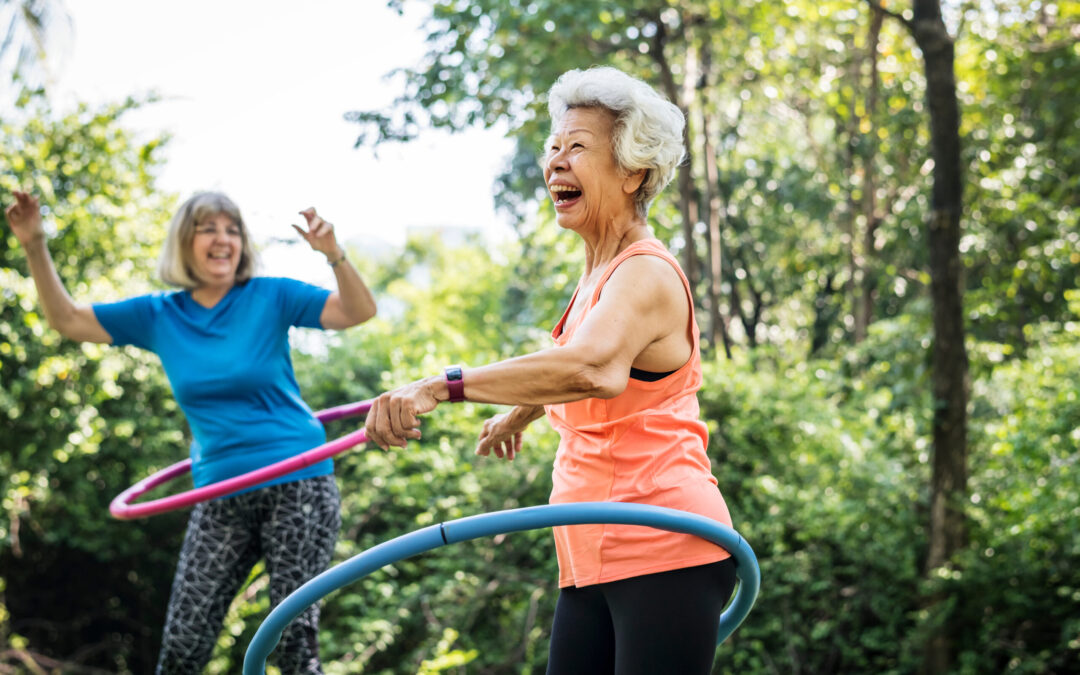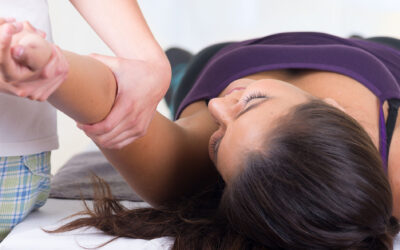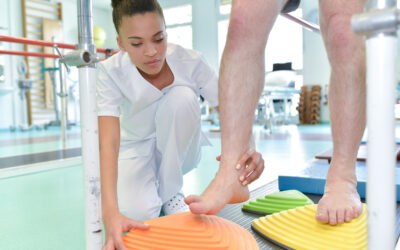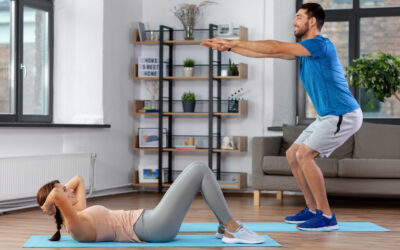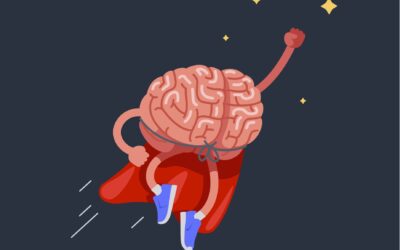You are never too old to set another goal or to dream a new dream. -C.S. Lewis
How old is “too old”? I am often curious about this question. Especially when I hear statements like “I am too old to change”, “this is the way I have always been”, “maybe when I was younger, but….” ……..and the list goes on and on. I can’t deny that I sometimes limit myself with similar statements. But I had the opportunity to revisit this curiosity of mine in a couple of ways this week.
It started with a couple of my patients. Both people are beyond the 7th decade of life and working on movements that are typically reserved for my much younger patients. Why are we working on these “advanced movements”? Because they want to. So, we do. And every week, I am reminded that age really IS just a number.
The other story that gained my attention this week is of Carl Allanby. Carl has spent his life as an auto repair shop owner. By all accounts, he has been successful in life. At the age of 36 he returned to college originally pursuing a business degree. However, returning to school made him realize that he had given up on his childhood dream of becoming a doctor, switched gears, and now at the age of 51 is Dr. Carl Allanby.
What is it about age that makes us stop envisioning a better future? And at what age does this start to happen?
Is it when you graduate from college?
“Finally”, send your kids to college?
Make your first million?
“Finally” retire?
What would life look like if the answer was “none of the above”? What would the world look like if the answer was none of the above?
In an interview, Dr. Allanby talks about how his experience owning an auto repair shop made him value empathy and customer service.
“At my automotive business, the failure of transportation left customers in despair with unknown costs, an unknown length of time [during] repairs and the necessity to form contingency plans while their vehicle was down,”
He goes on to say that, as a Doctor, he has learned “providing empathy, compassion and reassurance is often as important as providing appropriate medical care.”
Last week I was speaking to someone who told me she was notified by her doctor’s office that she had terminal cancer and 6 months to live……….over the phone. Forgive my lack of restraint, but that is FAR from compassion and empathy.
Imagine a healthcare system of “Dr. Allanbys”.
Now imagine a world where this compassionate, empathetic, caring Doctor thought he was “too old” to pursue his childhood dream. I imagine not only would Dr. Allanby have been deprived, but so would the people who are lucky enough to be in his care.
How often do you let age limit you from making positive changes in your life?
Maybe you tell yourself,
“I am to set in my ways to change the way I eat”
Or
“I am too old to start exercising”,
“People at my age can’t get better after a stroke”
“At my age, I could never do X movement”
What would life look like if you removed that statement from your mind? What would your health look like? How much better would you feel about yourself? What would your actions teach your kids and grandkids about age?
More importantly, how can Dr. Allanby inspire you to
“ set another goal or to dream a new dream.”?
And
What does that dream look like?
Now, go do it.
Other articles you may like:
Stroke Arm Rehab Daily Exercise Routine
A stroke or damage to the neurons in the brain can cause the inability to move the arm. It can also cause stiff and tight arm muscles. A stroke arm rehab routine should incorporate the principles of neuroplasticity (the ability of the brain to rewire when presented...
What is your Ikigai?
Not everyone wants to live a long life. But what about a happy and healthy life? If this is you, sit down and pull up a chair. Ikigai might be the answer.
Implications of Sleep and Neurological Rehabilitation
https://youtu.be/FWIX8Ht6bm4 Good quality sleep can dramatically improve neurologic rehabilitation outcomes. Getting adequate sleep might also decrease the rate of disease progression in some neurodegenerative diseases (multiple sclerosis, Parkinson's disease, or...
Stroke Rehabilitation: Overcoming Mental Barriers
Dealing with the aftermatch of a stroke can lead to a whirlwind of emotions including confusion, hopelessness, disappointment, and even despair. If you are in the process of recovery, these emotions are completely normal. Here I break down some of the most common...
Arm Exercises For Stroke Patients (Early Stage)
Arm exercises after a stroke are critical and should be performed daily. Here are the best exercises and why you should be doing these every day. Who will benefit from early-stage stroke arm exercises? The early stage of recovery is considered the first 6 months after...
Not what you get, but what you become
"What you get by achieving your goals is not as important as what you become by achieving your goals." -Zig Ziglar I often get messages from people who are feeling discouraged. "Progress isn't fast enough". "The process is too challenging". Oh, and by the way, "this...
The Gift of Language
“I will never do (X) ” “I Can’t” “I am always going to be this way” “I will be this way forever” “This is impossible” If you have been following me for a while, you know that I discourage this type of language. It is self-limiting at best, and self-destructing at...
Balance Exercises For Stroke Patients
Balance exercises for stroke patients are critical for improving walking confidence and returning to normal life What is Balance? Balance is the ability to maintain the center of mass (the body) within the base of support (the feet). Balance is also the ability of the...
Best Exercise Equipment for Multiple Sclerosis
If you have multiple sclerosis, home exercise equipment is critical for maintaining mobility. Neuroplasticity is the brain's ability to re-organize dependent upon exposure to new or novel experiences. After an acute exacerbation, neuroplasticity requires thousands of...
Best Brain Exercises For Stroke Recovery
Best Brain Exercises For Stroke Recovery A stroke can cause long-term damage to the brain, impair movement, and significantly diminish cognitive abilities. Mobility and strength training to retrain the muscles after a stroke is a huge part of the stroke recovery...

